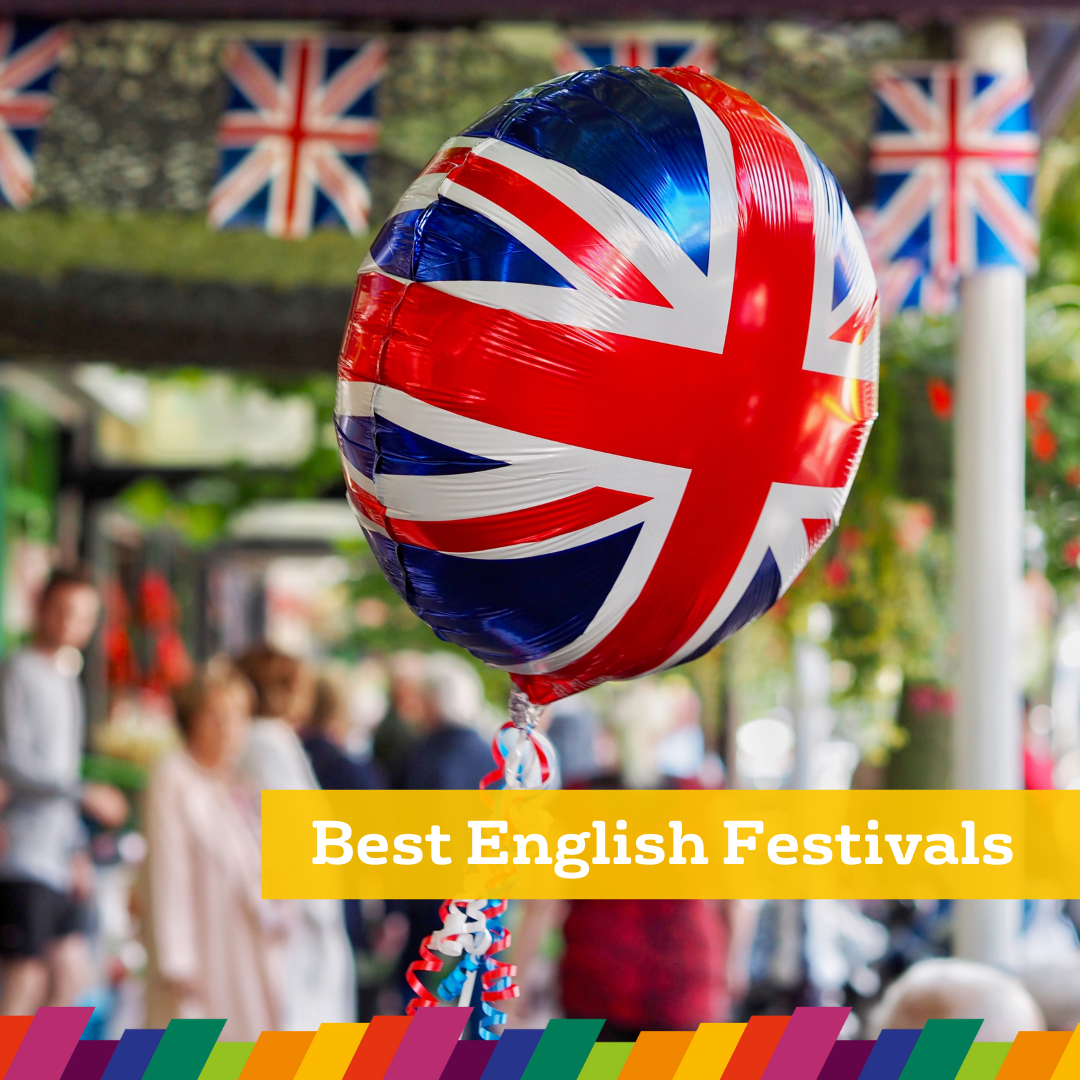
There are lots of festivals, events and holidays in the UK for international students to participate in. Some of these fall on certain days whilst others happen at some period in a particular month. Some are national holidays (in the UK we call these “bank holidays”).
Here is a list of UK bank holidays for the next 12 months:
Summer Bank Holiday Monday, 30 August 2021
Christmas Day Monday, 27 December 2021
Boxing Day Tuesday, 28 December 2021
News Year’s Day Saturday, 1 January 2022
Good Friday Friday, 15 April 2022
Easter Monday Monday, 18 April 2022
Early May Bank Holiday Monday, 2 May 2022
Spring Bank Holiday Thursday, 2 June 2022
Platinum Jubilee bank holiday Friday, 3 June 2022
In addition to those below, there will be many local events happening in the location in which you are staying. Check the local news and check or national websites to see what is planned. Websites such https://www.visitbritain.com/gb/en/things-to-do/music-festivals are really good sources of information, too.
25TH JANUARY – BURNS’ NIGHT (SCOTLAND)
This festival celebrates Robbie Burns, a famous Scottish poet. People in Scotland have a special dinner on Burns’ Night. The men wear a sort of woollen skirt called a kilt and people listen to bagpipe music, bagpipes are traditionally played in Scotland. Everyone dances and there are readings of Burn’s poetry. The traditional food is haggis (made from offal: sheep’s heart, liver and lungs) with turnips and potatoes.
14TH FEBRUARY – VALENTINE’S DAY
Valentine’s Day is also known as Saint Valentine’s Day. It is celebrated in lots of countries globally. However, like in England, it is not usually a national holiday. Valentine’s day was first connected to romantic love by Geoffrey Chaucer in the Middle Ages. This was time when the tradition of courtly love was widespread. Later, in England in the 18th-century, it morphed into day in which one person expressed his or her love for another person by sending them a card ( “a valentine’s card”) and giving them flowers or chocolates. Symbols of Valentine’s day that still exist today include hearts and cupids. From the 19th century, valentine’ cards have become mass-produced and widely available off the shelf.
FEBRUARY – ‘PANCAKE DAY’ or SHROVE TUESDAY
This day is the day before Lent begins. Lent is the traditional Christian period of fasting which begins 40 days before Easter and ends on Easter Sunday. However, not many Christians still fast these days, but will choose to give something instead. This could be eating chocolate, sweets or avoiding
alcohol. In the days before we had fridges, food like eggs and milk would go off after a period of time, so people would use them up before starting fasting and make pancakes. Nowadays, some people still make and eat pancakes on this day. You can have sweet toppings such as sugar and banana or chocolate spread on your pancakes. Some people prefer savoury pancakes.
FEBRUARY – CHINESE NEW YEAR
Lots of places in the UK with a large Chinese indigenous communities celebrate the Chinese New Year.
In Manchester there is a parade through Chinatown in the city centre. There are fireworks, music, dance and acrobatics. The Chinese New Year parade in London is the biggest one outside of China. Find out more about the parade here.
1ST MARCH – ST DAVID’S DAY
This is the day when those born in Wales or who consider themselves Welsh due to having Welsh parents or grandparents, celebrate the patron saint of Wales, Saint David. The national flower of Wales, the daffodil, is usually worn pinned to the outer clothing.
MARCH – MOTHER’S DAY
This is when we celebrate our mums and grandmothers. We show how grateful we are for everything that they do and have done for us. Children of all ages will give their mothers greeting cards saying why they love them and will often bring the gifts and cook breakfast or dinner, with their mum as guest of honour!
17TH MARCH – ST PATRICK’S DAY
The Feast of Saint Patrick is celebrated by those who are Irish, or wish they were Irish, all over the world. It is treated as a cultural and religious holiday on 17th March. This is recognised as the day that the patron saint of Ireland, Saint Patrick, died.
1ST APRIL – APRIL FOOLS’ DAY
This a traditional day for fun! Friends will try to trick each other. They may turn each other’s watches forward or back to cause confusion. The UK press, including the BBC and The Times will often feature invented stories to try and fool people. But, be careful, because if you leave it too late, the joke is on you. If you play a trick on someone after midday, the joke is on the perpetrator, not the victim…You must also take care to choose who you play a trick on carefully because not everyone will find it funny…
MARCH TO APRIL – EASTER
Easter is celebrated by Christians in the UK to celebrate the resurrection of Jesus Christ. This is where he is believed to have come back from the dead. UK Christians celebrate by going to Church. Most people give each other chocolate Easter eggs. Parents often hide chocolate eggs in the garden for children to search for. This is called an Easter Egg Hunt.
Good Friday and Easter Monday are national holidays in the UK, even for those who are not practising Christians.
23RD APRIL – ST GEORGE’S DAY
St George is the patron Saint of England. Some believe that long ago he was very brave and killed a fire breathing dragon! The national flag of England is a red cross on a white background.
21ST JUNE – FATHER’S DAY
Like mother’s day, on father’s day we celebrate and thank our fathers and grandfathers. They are usually given greeting cards by their children and sometimes presents and treats, too. Families may go to a restaurant together.
JUNE – THE QUEEN’S OFFICIAL BIRTHDAY
Actually, the Queen’s actual birthday is 21 April, but the official birthday was set in June in the hope that the weather would be better. There is a big military parade, led by the Queen at Buckingham Palace called the Trooping of the Colour.
JUNE – SUMMER SOLSTICE
The Summer solstice is celebrated on the longest day and shortest night of the year. It is a pagan festival and lots of people come together at the ancient stone monument of Stonehenge in Wiltshire at dawn to watch the sun rise.
JUNE/ JULY – WIMBLEDON
Wimbledon in London is the location of one of four annual Grand Slam tennis tournaments in the world. People love to eat strawberries and cream at Wimbledon. However, it is incredibly difficult to get tickets so most British people will watch Wimbledon on the tv. The largest court, Centre Court, has a very expensive moveable roof as due to the British weather, it is always likely to rain.
AUGUST – EDINBURGH FRINGE FESTIVAL
In the Scottish capital this is the biggest performing arts festival in the world and is particularly well-known for comedy.
AUGUST – NOTTING HILL CARNIVAL
The UK has a large West Indian and Caribbean community and this festival was started and run by them as a cultural celebration. It is attended by lots of British people as it usually a really fun party with food, music and dancing. Usually a total of 1 million people attend the party.
31ST OCTOBER – HALLOWEEN
Halloween or All Saints’ Eve, is an annual celebration that is followed in lots of countries around the world on 31st October. It is dedicated to remembering the dead, including saints (hallows), martyrs, and all the departed. In some countries it is known as “the day of the dead”. Nowadays children dress as witches or zombies and visit houses in their area asking for sweets.
5TH NOVEMBER – BONFIRE NIGHT
This is when we celebrate Guy Fawkes’ failed attempt to blow up the Houses of Parliament on 5th November 1605. Nowadays we build and light bonfires and attend firework displays. It’s fun to attend these outdoor events and eat the traditional foods on offer that help keep us warm!
11TH NOVEMBER – REMEMBRANCE DAY
On the 11th November the UK honours those in our armed forces who lost their lives in times of war. Before this date, The Royal British Legion charity sell red paper poppy flowers that people
button to their clothing to show their support. This helps to raise funds for ex-service personnel and their families. We observe two-minutes’ silence at 11am on this day to remember those who gave their lives so we may live free.
30TH NOVEMBER – ST ANDREW’S DAY (SCOTLAND)
This is Scotland’s official national day. Since 2006, the Scottish Parliament made St Andrew’s Day a national holiday. St Andrew’s Day is a celebration of Scottish culture with traditional. There is traditional music and dancing.
25TH DECEMBER – CHRISTMAS DAY
Christmas in the UK is an annual celebration of the birth of Jesus and is celebrated on 25th December. Christmas Day is a public holiday and is also celebrated by non Christians. It is a time when families come together and enjoy a traditional dinner whilst exchanging presents.
31ST DECEMBER – NEW YEAR
Like many countries around the world the UK celebrates the New Year, we do this by hosting parties with friends and families to await the countdown to the New Year. In Scotland its’ called Hogmanay and is more important. We celebrate by having a party with friends.
Check out how these festivals are celebrated and more at other IH schools across the UK:








